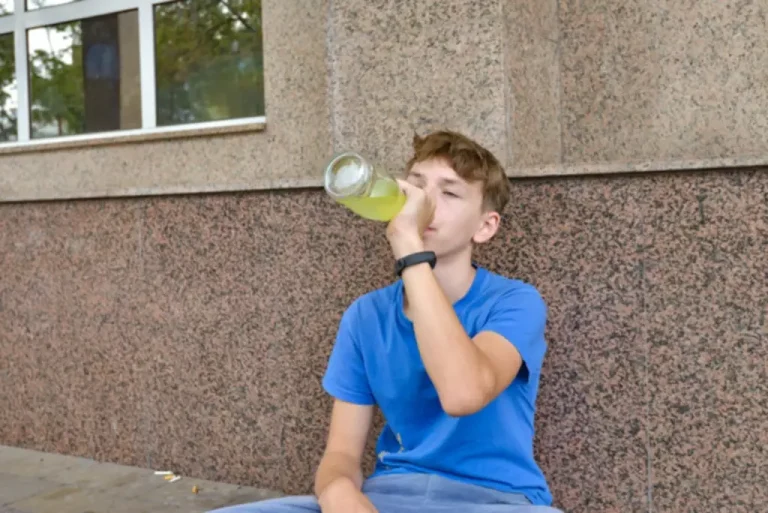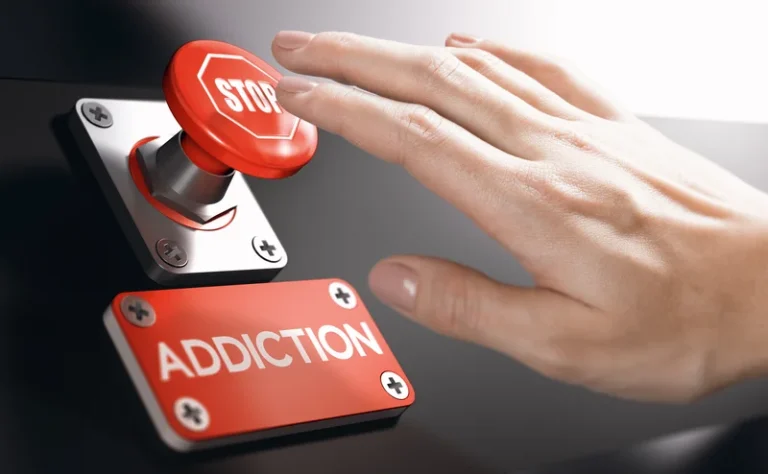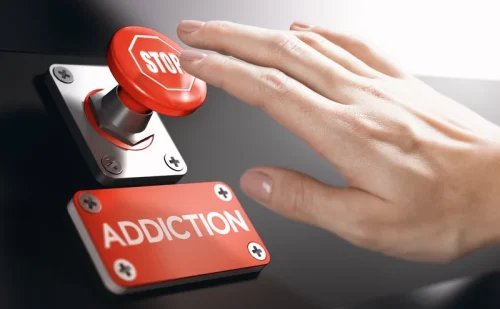Alcohol intoxication: Signs, symptoms, and treatment
Excessive drinking or an alcohol use disorder can be successfully managed with treatments, such as therapy and medication, to help you to modify your behaviors and help your brain adapt to the absence of alcohol. As an addiction tends to get worse over time, it’s important to look for early warning signs. If identified and treated early, someone with an alcohol addiction may be able to avoid major consequences of the disease. The severity of the disease, how often someone drinks, and the alcohol they consume varies from person to person. Some people drink heavily all day, while others binge drink and then stay sober for a while.
Related Conditions and Causes of Alcohol Use Disorder
Recognizing the signs of alcohol addiction early is crucial for intervention and treatment. In this article, we delve into the key signs and symptoms of alcohol addiction, how it impacts individuals and their loved ones, and steps to seek help. Alcohol use disorder (sometimes called alcoholism) is a common medical condition.
I’m Seeking Help
- Find a supportive friend or family member to be with you while you withdraw and support your new non-drinking lifestyle.
- And these communities make the person with an alcohol addiction accountable and provide a place to turn to if there is a relapse.
- Keep track of all your activities in a daily diary or schedule planner for a few weeks, and take an honest look at how it adds up.
- American Addiction Centers (AAC) is a leading provider of treatment for alcohol misuse and AUD, with locations scattered across the United States.
The evaluation consists of 11 yes or no questions that are intended to be used as an informational tool to assess the severity and probability of an AUD. The test is free, confidential, and no personal information is needed to receive the result. Research shows people who have a supportive social network are more likely to remain alcohol-free after withdrawal.
How do I take care of myself?
Because long-term heavy alcohol use can damage almost every organ in the body, a person with an https://ecosoberhouse.com/ alcohol usedisorder can develop an array ofalcohol-related diseases and disorders that cause many symptoms. Alcohol withdrawal after periods of excessive drinking can cause debilitating symptoms hours to days later. According to the NIAAA, symptoms may include trouble sleeping, restlessness, nausea, sweating, a racing heart, increased blood pressure, tremor (or shakiness), anxiety, feeling low, or just a general sense of malaise.
Can People With Alcohol Use Disorder Recover?
People with severe or moderate alcohol use disorder who suddenly stop drinking could develop delirium tremens (DT). It can be life-threatening, causing serious medical issues like seizures and hallucinations that require immediate medical care. For example, if you’re receiving treatment for a condition related to alcohol use, like cirrhosis of the liver, you should ask your healthcare provider about changes in your body that may be new symptoms. If you’re receiving counseling, ask your provider about handling high-stress situations when you may feel like you need some additional mental health support. A common initial treatment option for someone with an alcohol addiction is an outpatient or inpatient rehabilitation program. It can help someone handle withdrawal symptoms and emotional challenges.
If your loved one needs help
Dr. Spann owns private practice You in Mind Psychotherapy and Consultation, which focuses on providing culturally responsive therapy, and he assists many therapists of color in receiving their independent licenses. Dr. Spann is a founding team member and the former chief clinical officer of Hurdle, a digital health platform for people of color. Avery adds that people who recently introduced alcohol into their lives but are drinking “steadily” are also at risk. People can survive alcohol poisoning if they receive appropriate treatment. ” self-assessment below if you think you or someone you love might be struggling with an alcohol use disorder (AUD).
- Alcohol use disorder can cause serious and lasting damage to your liver.
- Only about 5 percent of patients with alcohol withdrawal progress to DTs, but about 5 percent of these patients die.
- If you don’t have any symptoms, then staying within the limits provided in the 2020–2025 Dietary Guidelines for Americans could reduce your chances of having problems in the future.
- People who drink daily or almost every day should not be left alone for the first few days after stopping alcohol.
- You could perhaps request an out of hours emergency telephone number – there are services that can help you support the person receiving treatment, as well as other services to support families.
- Dr. Spann owns private practice You in Mind Psychotherapy and Consultation, which focuses on providing culturally responsive therapy, and he assists many therapists of color in receiving their independent licenses.
Dr. Kevin Wandler of Advanced Recovery Systems describes how tolerance and withdrawal symptoms are indicators of alcoholdependence. Relapsing doesn’t mean that treatment has failed, though — it takes time to change behavior. You can work with a health professional to try new treatments that may work better for you. The Healthline FindCare tool can provide options in your area if you need help finding a mental signs of alcoholism health specialist.









